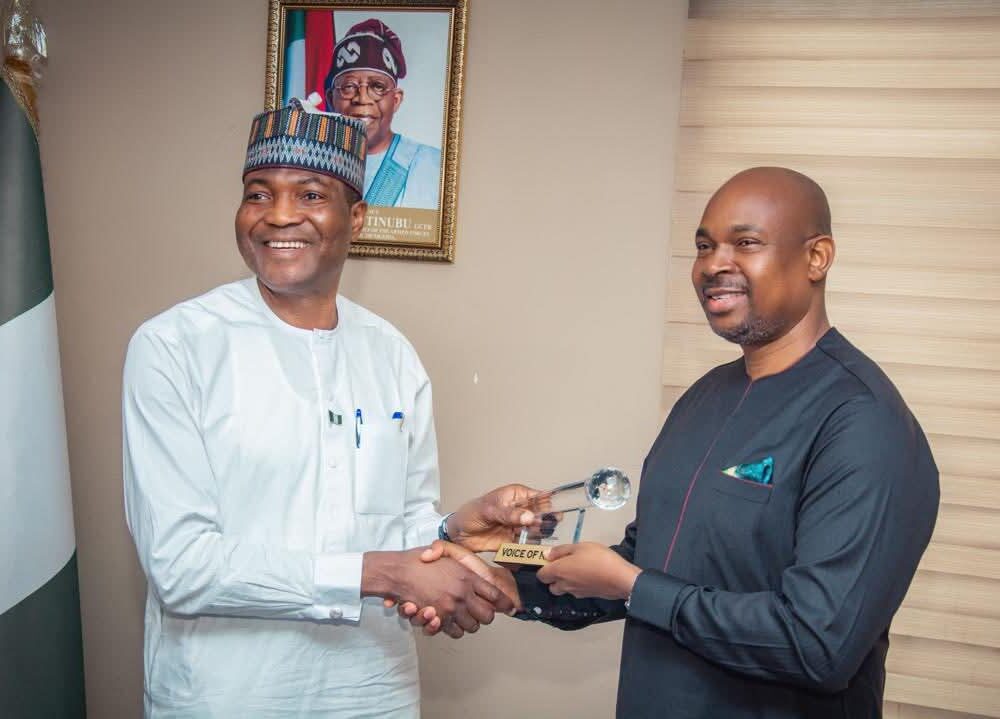The fight to tackle Africa’s energy poverty is receiving support through the provision of digital enablers that will boost sufficiency.
Currently, energy poverty is a serious problem in sub-Saharan Africa with statistics from International Energy Agency (IEA) indicating that over 580 million people in the region lacked access to electricity in 2019.
In Nigeria for example, an estimated 40,000MW of electricity supply is needed to provide steady and quality power supply to customers who are already connected to the grid. The country currently has a generation capacity of just 13,000MW and can only distribute 5,000MW. This has kept the economy of the continent’s largest economy crippled and unable to meet more than a fraction of its potential.
Huang Su, Director of Huawei Southern Africa Digital Power Business, said that harnessing emerging technologies is the key to boosting access to cleaner energy sources and spurring green growth in the continent.
“Digital and intelligent technologies can be of great help to ensure we provide sufficient electricity to every African household and business,” Huang said in a statement.
“The essence of digital power is integrating cloud, AI, and other digital technologies with power generation, storage and consumption. We are ready and willing to provide our full support for building a green Africa and bridging the energy gap,” Huang said.
Huang stated that tapping massive renewable energy sources that are expected to contribute 22 percent of Africa’s total energy consumption by 2022 will hasten realization of the continent’s green agenda.
According to him, new technologies could boost the continent’s efforts to revamp energy infrastructure, bridge access gaps and reduce carbon emission.
While noting that the cost of photovoltaic (PV) power generation has reduced significantly over the last decade, Huang said it offered an opportunity for Africa to harness clean energy and meet a growing demand.
Huang said that renewable energy was currently cheaper than fossil-fuel-based options that are a drawback to green growth in Africa, noting that Huawei is keen to introduce digital power solutions in the continent.
The Huawei smart PV solution has been deployed in more than 60 countries and regions, generating more than 300 billion kilowatts hour (kWh) of green electricity globally.
“Over time, Huawei will deploy more and more scalable power stations. These power stations can be managed and maintained online, further reducing their carbon footprint,” Huang added.





